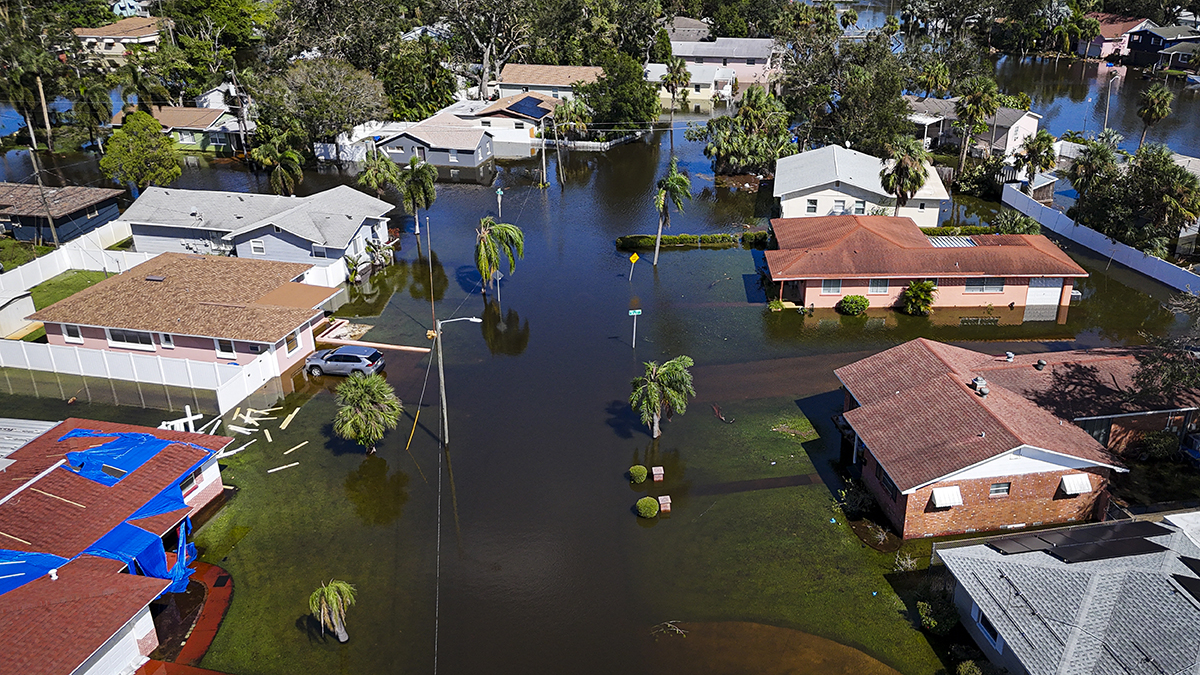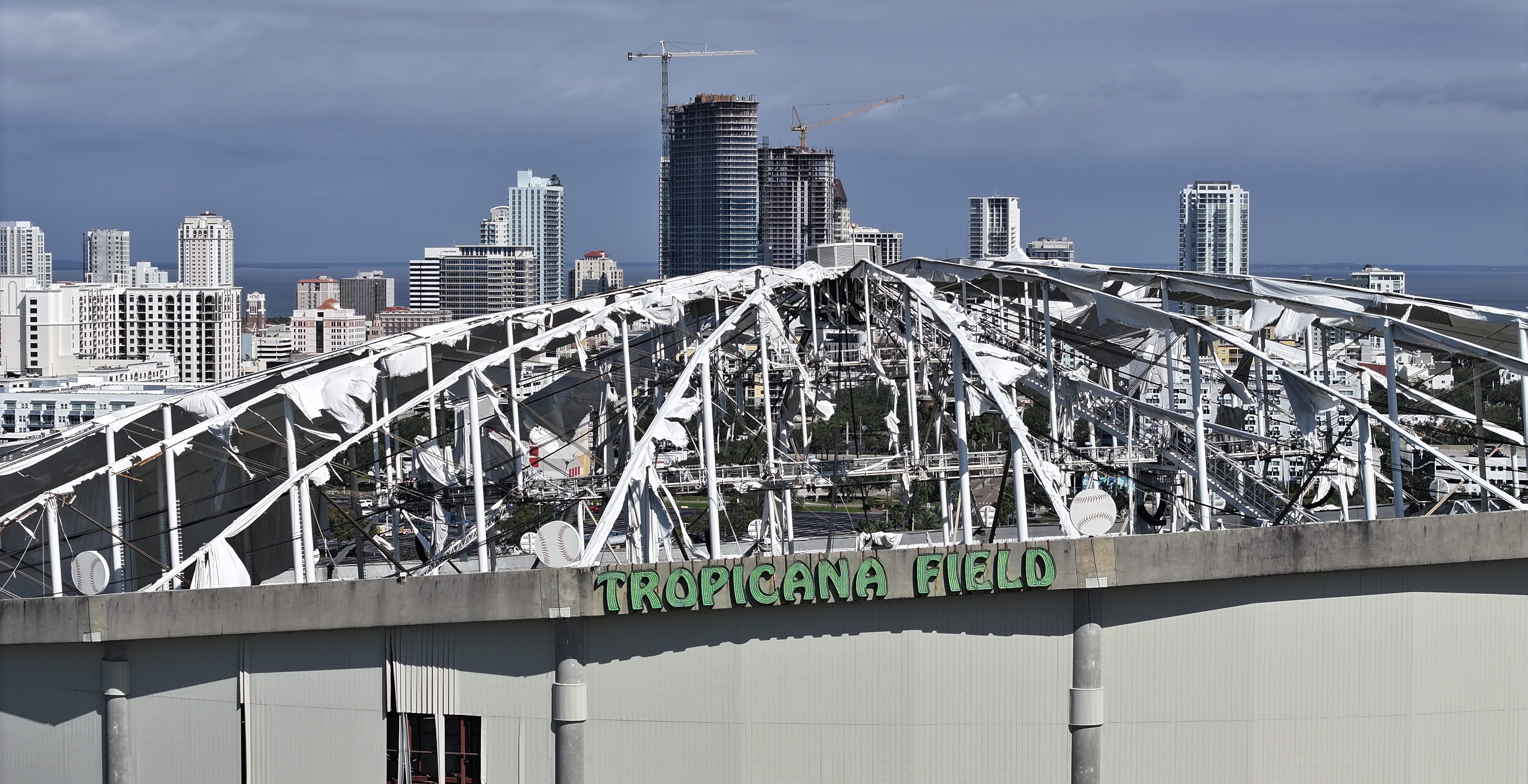As communities recover from the devastation of two major hurricanes, many face an emotional toll that extends beyond the physical damage.
Hurricane Milton struck Florida just a week and a half after Hurricane Helene, leaving a path of destruction—and heightened stress and grief.
WATCH ANYTIME FOR FREE
Stream NBC10 Boston news for free, 24/7, wherever you are. |
The emotional impact is affecting people as far away as Boston, where so many have a friend or family member who was touched by the storms — which seem to keep coming and getting worse.
Emma Kaplan, a Vermont resident, is hundreds of miles away from the storms, but her heart is with her mother in Venice, Florida.
Get updates on what's happening in Boston to your inbox. Sign up for our News Headlines newsletter.
"It's the not knowing that's the worst. You're also wondering if the last text you sent them will be the last text, which is scary to think about," she said.
Kaplan's experience highlights a growing emotional challenge faced by many — worrying about loved ones while dealing with their own stress.
"It's almost isolating for you, too," she added. "You're so worried about your family going through what they're going through, but you're also going through something, too."
With extreme weather becoming more frequent, many are feeling a profound sense of insecurity.
Duke University Medical Center psychologist Robin Gurwitch, who has trained first responders since Hurricane Katrina, explains that natural disasters can drastically affect our mental health.
"Our sense of safety and security has been turned upside-down," Gurwitch said. "We can expect problems with concentration, problems with our attention, and increased irritability."
For Boston University graduate student Genevieve Reynolds, the storms made it difficult to focus on schoolwork as her family braced for impact in Florida.
"I'm still, like, texting them now, honestly, just making sure they're OK," Reynolds said.
Though staying connected provides some comfort, she noted that constant social media updates about the storm's destruction were overwhelming. But that connection isn't all bad.
Experts agree that connection — whether near or far — can also be the way we heal.
"We shouldn't do this alone. No one should," said Gurwitch.
Experts emphasized that while we can't control the weather, we do hold the power to connect, whether that's finding a way to help with recovery efforts or asking how someone is doing.
Hurricane response resources by the National Traumatic Stress Network
- After the Hurricane: Helping Young Children Heal
- Age-Related Reactions to a Traumatic Event (En Español: ASL)
- Simple Activities for Children and Adolescents (En Español)
- Trinka and Sam: The Rainy Windy Day—e-book for young children (En Español)
- College Students Coping After a Hurricane
- Teacher Guidelines Helping Students After a Hurricane
- Talking to Children: When Scary Things Happen (En Español)
- Tips for Parents on Media Coverage of Traumatic Events
- Once I Was Very Very Scared (En Español)—e-book for young children
- After the Injury—website for families with injured children
- Health Care Toolbox—website for pediatric health providers working with injured children
- Pause-Reset-Nourish (PRN) to Promote Wellbeing (En Español)—for responders
Here for Each Other: Family Guide (from Sesame Street)
How to help
The American Red Cross is seeking volunteers. You can apply to help here.
For children
Marissa Hauptman, chief medical advisor at the Bureau of Climate and Environmental Health, noted the importance of watching for uncharacteristic behavior in kids following disaster.
"Watching for signs that your children may be impacted, and looking for behaviors or changes that may not be how it displays itself in you," Hauptman said.
Hauptman and Gurwitch emphasized the positive impact of "looking for the helpers."
"I think especially with kids, pointing out the helpers and those that are doing are heroic acts to help those impacted, whether it's health care professionals or fire and frontline workers," Hauptman said.




